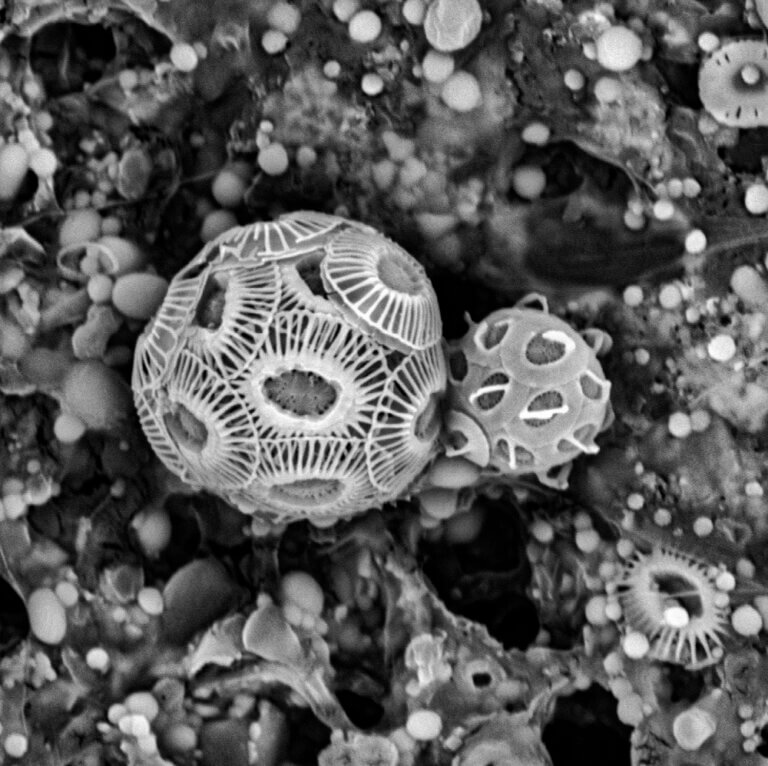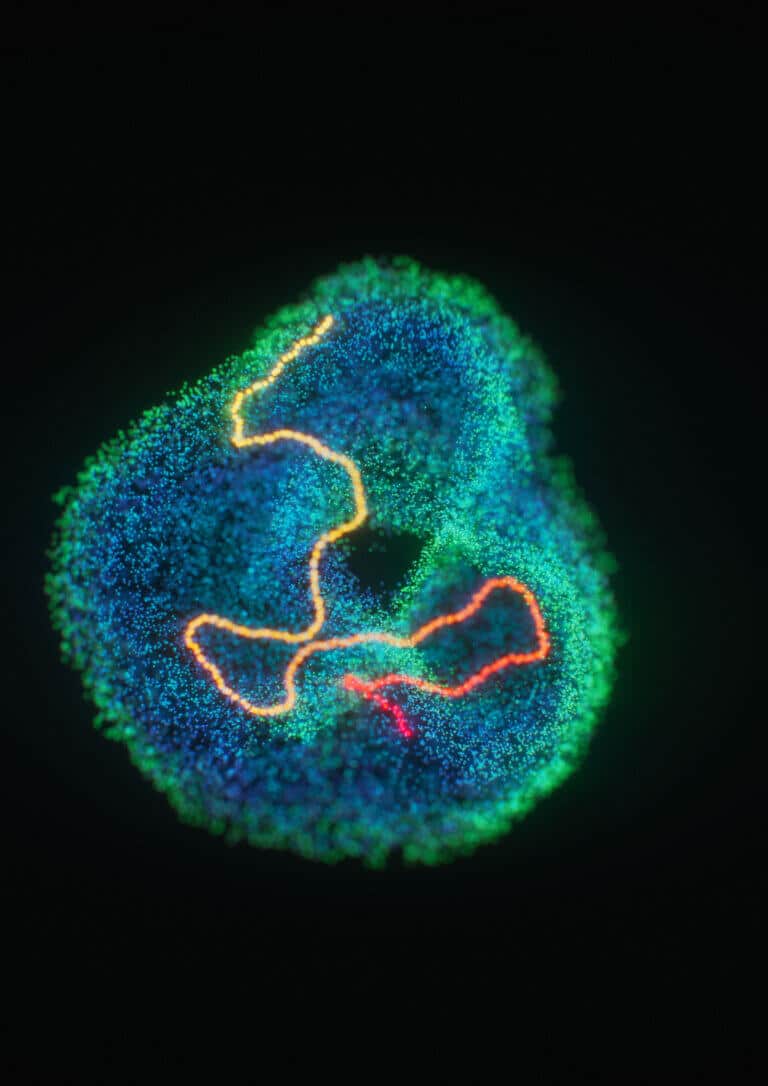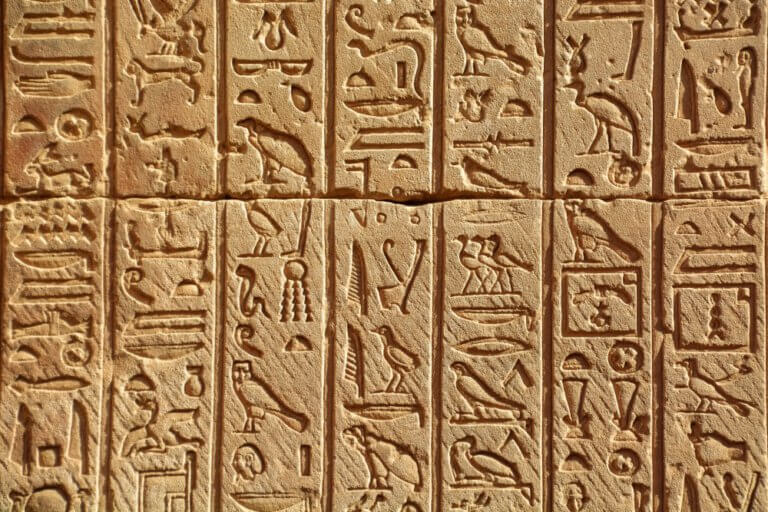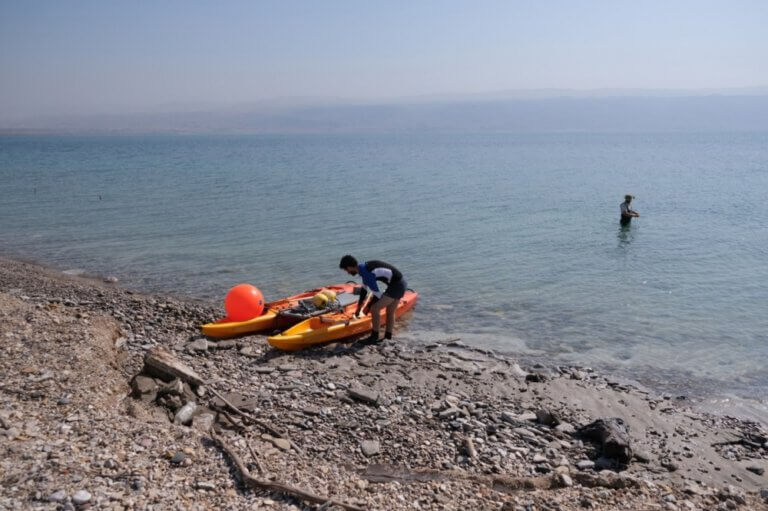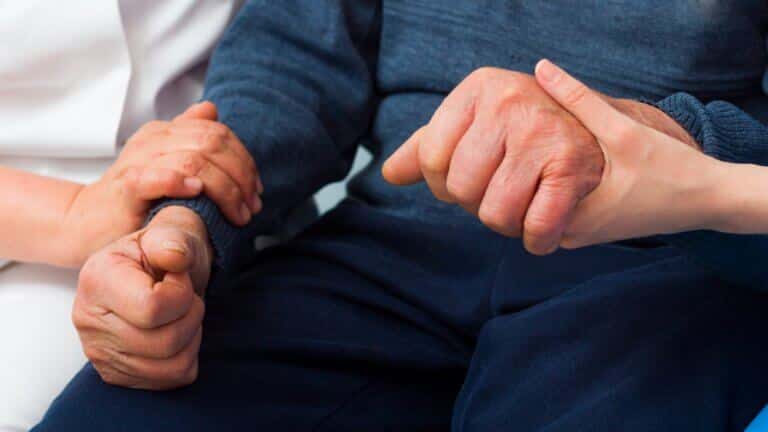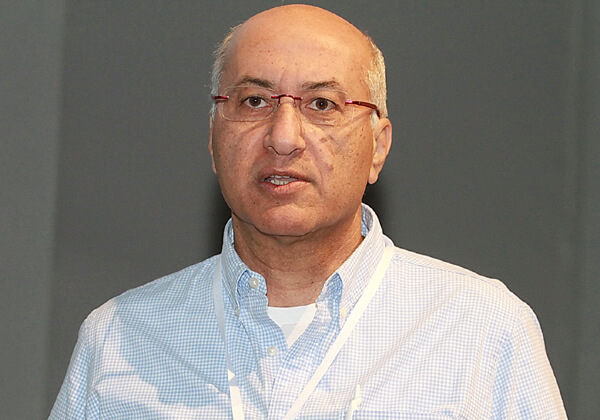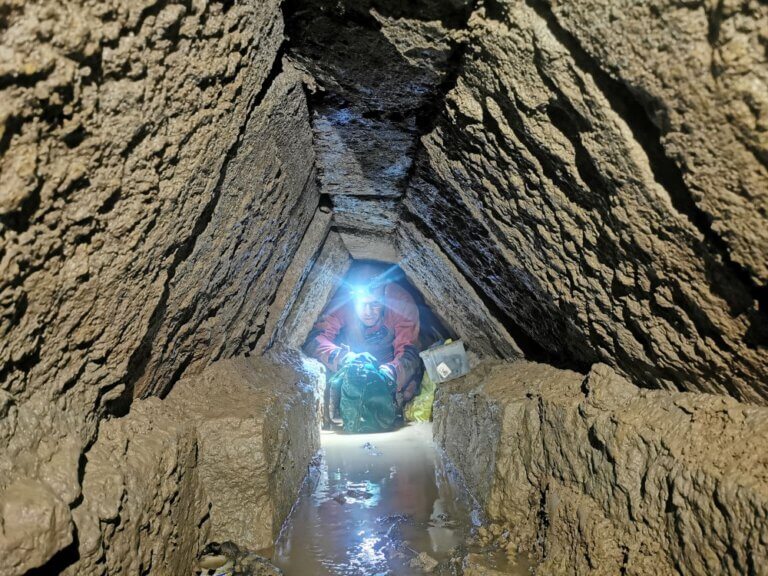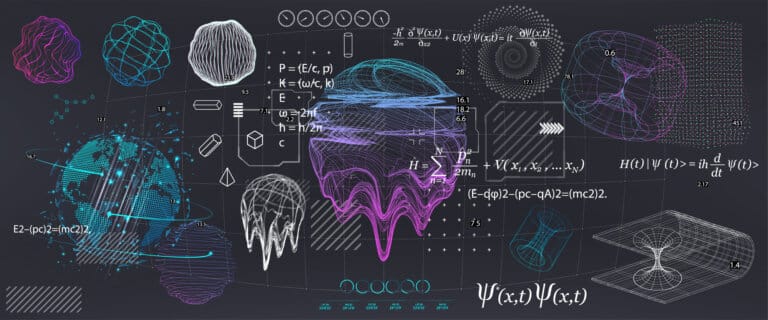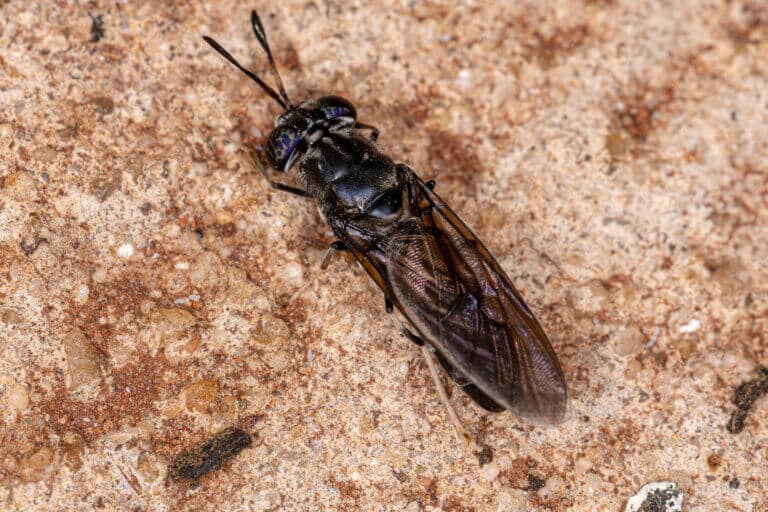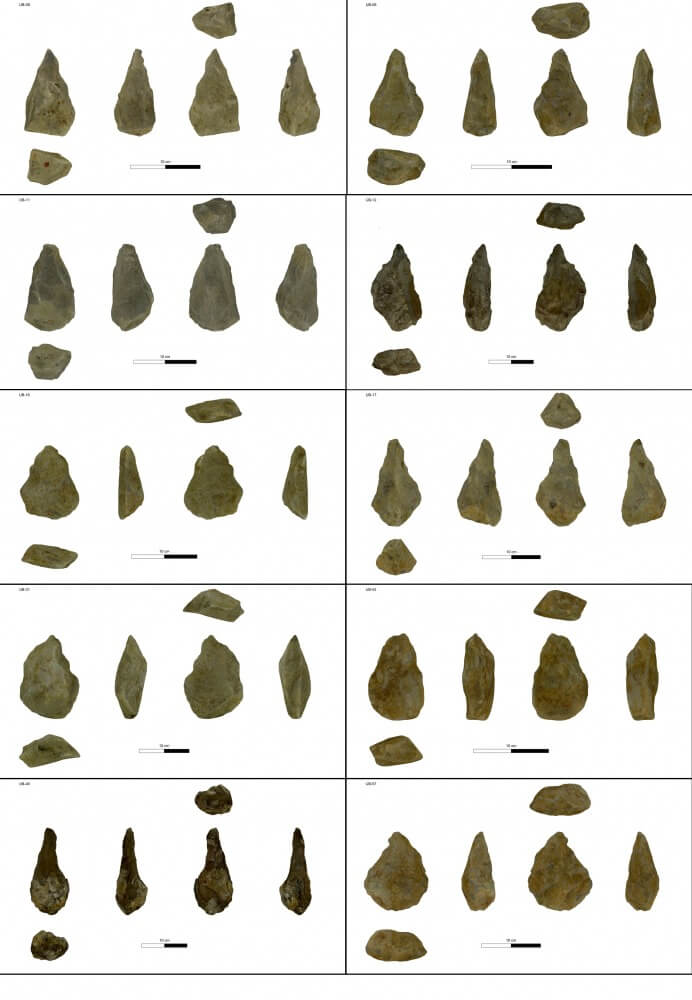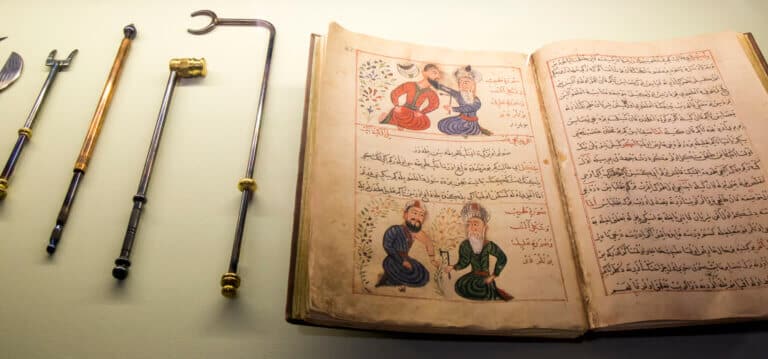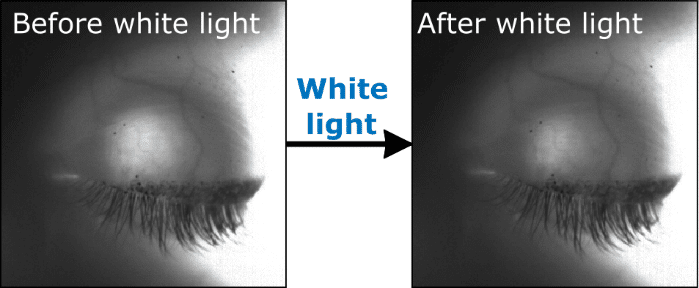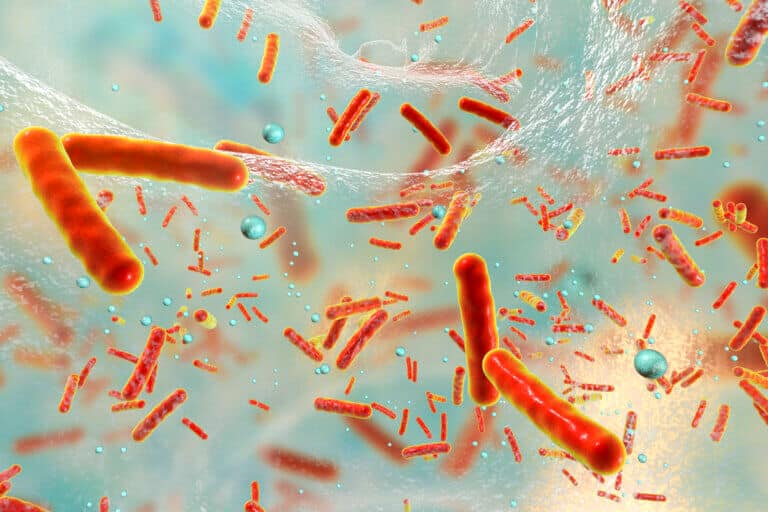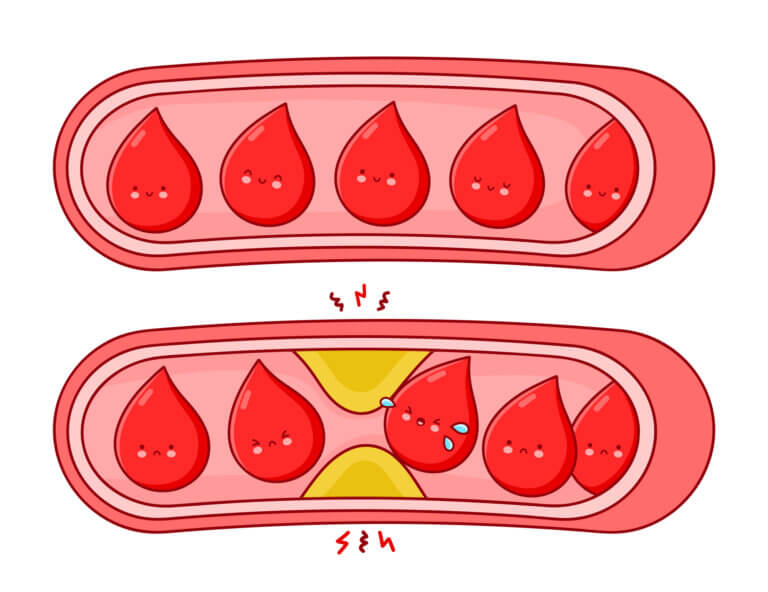Hayadan > The Hebrew University Archives > Page 3
The Hebrew University
- The Hebrew University
- January 17, 2022
A new study found that a significant decrease was observed in the amount of one of the phytoplankton species in the Gulf of Eilat "You can look at this as the 'canary in the coal mine', signaling that the impact of global climate change is already evident"
- The Hebrew University
- January 13, 2022
- No comments
The cells are lattice cells - nerve cells whose activity depends on the animal's position in space, and therefore they represent information related to spatial navigation. A team led by two Nobel laureates and researchers from the Hebrew University participated
- The Hebrew University
- January 10, 2022
A new study led by the Hebrew University reveals for the first time in history, Egyptian wall reliefs depicting intimate scenes of Egyptian Queen Nefertiti and Pharaoh Akhenaten, in which rituals performed by the royal couple before their sacred marriage as living gods are described
- The Hebrew University
- January 5, 2022
A new study by the Institute of Earth Sciences and the Israel Geological Survey examined how pebbles move along beaches, in order to design more stable and protected beaches in the future. Doctoral student Hagi Eyal: "If we understand the movement of pebbles, we can better prepare for powerful storms"
- The Hebrew University
- January 3, 2022
A study from the Hebrew University published in the journal "Nature Communications" reveals the connection between a decrease in the frequency of beta waves and the disease and opens up the possibility of a more targeted and effective treatment for Parkinson's
- The Hebrew University
- December 28, 2021
Researchers from the Hebrew University found that mothers respond by releasing dopamine to their baby's positive and negative facial expressions
- The Hebrew University
- December 25, 2021
Prof. Hagai Bergman and Dr. Avner Teller from Tel Aviv University, Prof. Shlomo Magdessi and Prof. Nira Lieberman from Hebrew University won honors * Three appointments of heads of schools at Tel Aviv University
- The Hebrew University
- December 24, 2021
After we experienced the Carmel storm this week, a new study shows that future storms will be drier and more concentrated, that is, focused over smaller areas in space. They will last for short periods of time but will be more powerful
- The Hebrew University
- December 24, 2021
New discoveries in the ancient aqueducts that led to Jerusalem: the most complex documentation project done so far in Israel has discovered advanced and unique methods for exploiting underground groundwater, which made it possible to supply water to Jerusalem during the Second Temple period. "This is a one-of-a-kind testimony to Bunya's developed technological know-how"
- The Hebrew University
- December 24, 2021
New Israeli-led research proves that humans domesticate ornamental plants and domestic animals mainly out of a cultural need, since evolution and improvement are not only a genetic product, but they are also realized due to various cultural considerations, including aesthetics
- The Hebrew University
- December 17, 2021
A new study published this month by researchers from the Hebrew University rates the effectiveness of various vaccines to prevent corona
- The Hebrew University
- December 16, 2021
- No comments
The award was awarded to researcher Dr. Shlomi Kotler from the Hebrew University by the British Association of Physicists for his research on quantum entanglement
- The Hebrew University
- December 15, 2021
Using computer simulations of volcanic eruptions over the past thousand years and theories that analyze the global energy balance, a new study locates and analyzes the connection between volcanic eruptions and various climate changes
- The Hebrew University
- December 15, 2021
The results of a study conducted at the Veterinary Hospital of the Hebrew University show that the treatment significantly reduced the rate of infections from 32% to 8%. It is possible that the use of honey could reduce or replace in the future, the use of antibiotics both in animals and among people
- The Hebrew University
- December 14, 2021
Research conducted in the laboratory of Prof. Betty Schwartz from the Hebrew University reveals for the first time the anti-inflammatory properties of black soldier fly oil and its future uses - first in the animal food industry and later for humans
- The Hebrew University
- December 11, 2021
A group of researchers from the Institute of Archeology at the Hebrew University, led by Dr. Gadi Hertzlinger, in collaboration with researchers from the French National Center for Scientific Research (CNRS), and funded by the Israeli and French Ministries of Science, identified the earliest instance in Eurasia of behaviors that indicate developed cognitive abilities - which are At the basis of the human behavior we know today
- The Hebrew University
- December 7, 2021
A new study examines the social role of diseases in the 17th century, through a discussion held before the head of the Jewish court in Egypt, dealing with the appeal of a Jewish gentleman who suffered from life-threatening melancholy due to the accumulation of sperm due to his wife's physical distance
- The Hebrew University
- November 30, 2021
Prof. Roni Allenblum Zel dedicated his life to the study of climatic effects on cultures and historical events. A new study, now published posthumously, suggests that their influence is greater than we thought
- The Hebrew University
- November 26, 2021
An article in the Department of Psychology offers a new theory about the connection between music and survival: "Because of the rewarding values of music, humans continue to learn and pass it on to future generations, and not necessarily through specific genetic traits as we have thought until today"
- The Hebrew University
- November 23, 2021
The researchers succeeded in creating an extremely tiny device that produces and emits single photons and on which the information can be transmitted in a quantum bit. Every contact, or even the performance of a measurement necessarily changes the information encoded on the photon and this will be expressed, upon reaching the destination, in an error in the protocol and giving an indication of the hacking attempt
- The Hebrew University
- November 21, 2021
With the help of an innovative development by university researchers, doctors will for the first time be able to measure the size of the pupil and its response to light even when the eyes are closed: "The development will enable early detection of abnormal parameters and will contribute to saving the lives of patients with severe brain injuries"
- The Hebrew University
- November 21, 2021
A new study published in the prestigious journal Nature found that bacteria in a chaotic state are less sensitive to standard drug treatment. The researchers developed a statistical model that predicts the results of the antibiotic treatment, and accordingly offer a new therapeutic strategy: the deliberate introduction of the bacteria into a chaotic state - and the healing of the cells using drugs specially adapted to this state
- The Hebrew University
- November 20, 2021
- 2 תגובות
Comprehensive medical research reveals that an old drug called "Colchicine" improves the treatment of severe corona disease and may even cut the death rate in half. "This is a particularly surprising result, because it is an ancient and well-known drug in the treatment of completely different inflammatory diseases."
- The Hebrew University
- November 18, 2021
An innovative development offers a biological device based on stem cells and encourages the creation of new blood vessels, which could replace damaged blood vessels in diabetics suffering from leg ulcers and patients in need of catheterization
- The Hebrew University
- November 14, 2021
The researchers: "It is possible to characterize certain adults as having a high risk of increased deterioration due to the events they have experienced throughout their lives. Awareness must be raised about the link between stress and trauma and health decline in old age, and mechanisms must be built that will provide an adapted response, and help those adults deal with these consequences."

